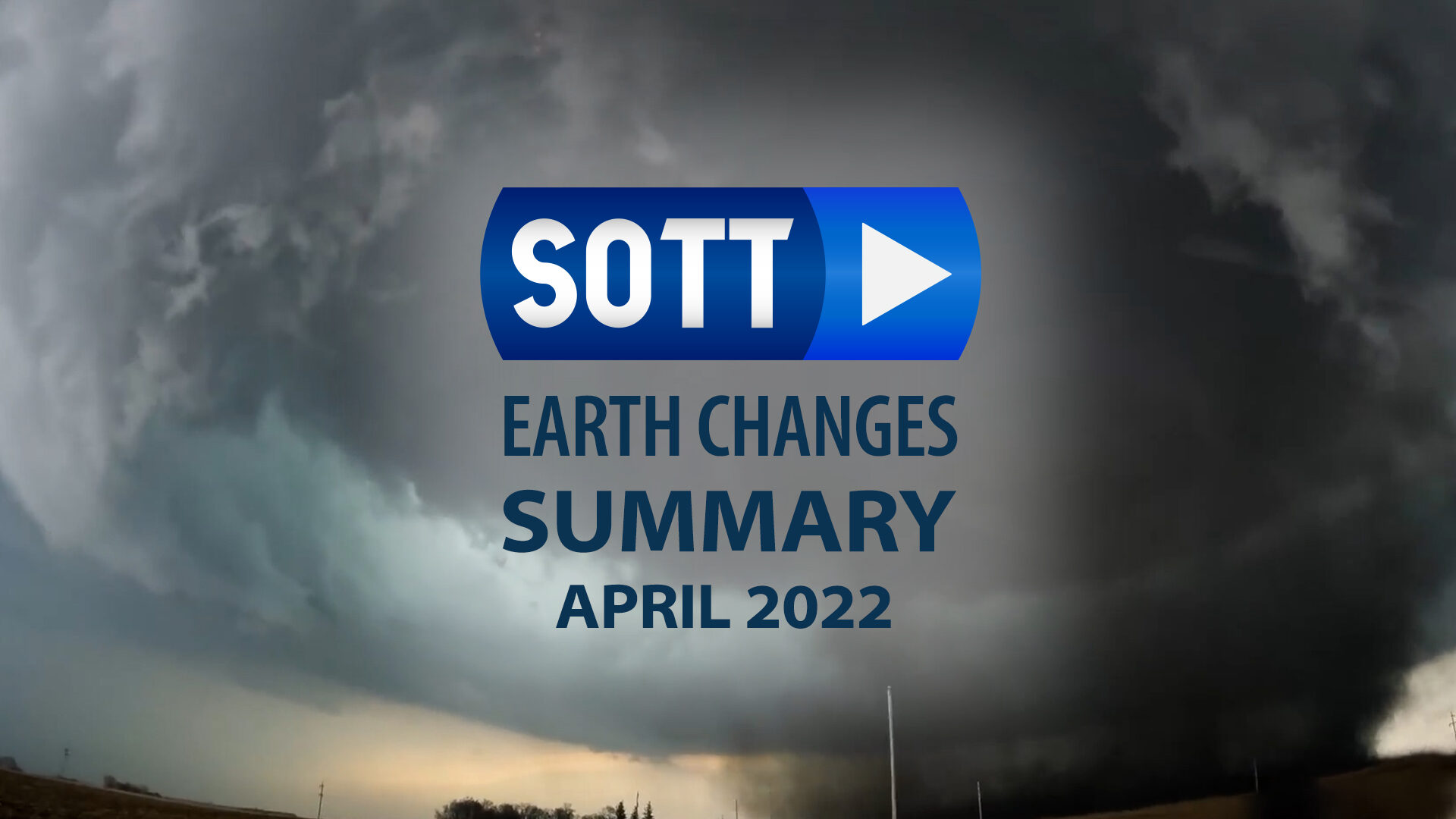Andre relaterede begivenheder som er værd at nævne:
- Poultry farm in Otsego, Michigan loses 300,000 chickens in massive fire (January 3, 2020)
- 400,000 chickens killed in massive barn fire in Bloomfield, Nebraska (February 27, 2020)
- 280,000 chickens were killed in a Ceres, California chicken barn fire (April 24, 2020)
- Fire at Red Bird Egg Farm in Pilesgrove, New Jersey kills 300,000 chickens (July 21, 2020)
- 4-alarm fire at Martic Township, Pennsylvania warehouse kills 42,000 chickens (July 30, 2020)
- Kent Foods plant that supplied grains, sugar to the entire E.U. burned to the ground (September 2, 2020)
- 2,000 pigs were killed in a massive fire at a Northern Ireland farm (September 8, 2020)
- 1,000 acres of corn were destroyed in Michigan after vandals sabotaged it to kill cows that eat it (September 30, 2020)
- Fire at three barns kills 250,000 chickens in Dade County, Florida (December 17, 2020)
- California appropriates $3 billion to pay farmers not to farm (March 31, 2022)
- Biden Administration announces it will pay farmers not to farm (May 2, 2021)
Men det lyder vel ikke til at være en kunstig krise? Eller hvad? Dog har naturen sine egne planer og dets konsekvenser er den mest betydningsfulde faktor.
Vi ønsker at highlighte at de mest relevante begivenheder i denne måned var forbundet med usæsonale temperaturfald og sne rundt om i verden, op til slutningen af april.
Kommentar: Delvis oversat til dansk af Sott.net fra: SOTT Earth Changes Summary - April 2022 - Extreme Weather, Planetary Upheaval, Meteor Fireballs
Winter-like temperatures have been gaining ground throughout the years damaging crops and crippling livestock farms, meanwhile planting and harvesting seasons keep getting displaced.
Sudden drops in temperatures are also worth mentioning, as in the Cascades, Washington, that triggered a heavy snowfall that caused dozens of road accidents. In Europe, France registered the coldest April night since 1947.
There were a couple of extreme heat events during this month in some parts of the US, Europe, and Asia, but they pale in comparison with the overarching frigid temperatures.
Unusually heavy rain and floods have also been contributing to damaged crops and farms.
Brazil continued to struggle with heavy rain, floods, and landslides this month, with a record of 31 inches of rainfall in 48 hours in Rio de Janeiro. In Antioquia, Colombia, unusually heavy rain triggered destructive landslides causing the deaths of 12 people.
Thailand and the Philippines are having trouble recovering from the damage caused by continuous floods and landslides since last year. The trend continues as tropical storm Megi poured 10 inches of rainfall in 24 hours killing at least 224 and displacing thousands. While in south Thailand, a foot of rain in 48 hours triggered the evacuation of 20,000 families.
The deadliest storm in record pummelled KwaZulu-Natal, South Africa, destroying homes, bridges and roads. Floods and landslides caused the deaths of at least 450 and displaced thousands. The storm forced sub-Saharan Africa's most important port to halt operations.
In Uzbekistan, at least 4 people died as a result of floods and mudslides after a month's worth of rain fell in less than 2 hours. Floods and mudflows also damaged crops, homes, schools and other buildings. At least 260 farms and buildings suffered damage, and 100 people were displaced. It was the worst storm in 80 years.
All this and more in our SOTT Earth Changes Summary for April 2022:
Or watch on Odysee.
To understand what's going on, check out our book explaining how all these events are part of a natural climate shift, and why it is taking place now: Earth Changes and the Human-Cosmic Connection
Check out previous installments in this series - now translated into multiple languages - and more videos from SOTT Media here, here, or here.
You can help us chronicle the signs by sending your video suggestions to:





Læserkommentarer
dig vores Nyhedsbrev